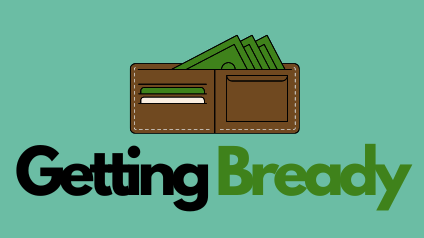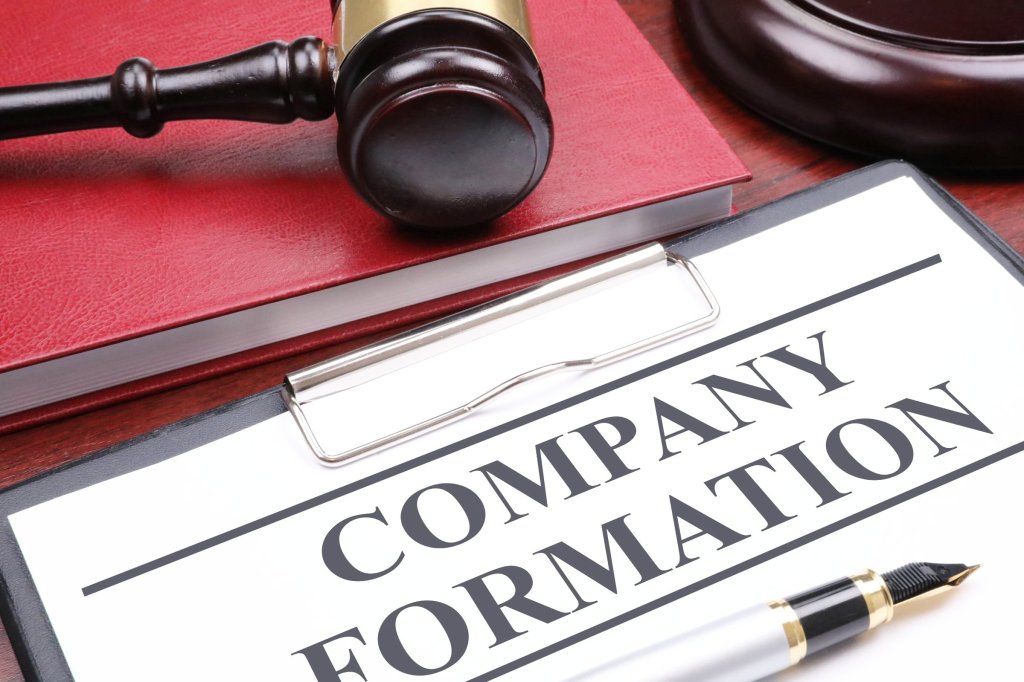
You’ve likely heard talk recently about rising interest rates. In 2020, the average rate for a 30-year fixed rate mortgage was around 3%. At the end of 2023, it is currently hovering around 7%. This increase in a few percentage points does not sound all that significant at first, however, it has greatly decreased buying power for would be homeowners. As of today’s date, the median home sales price in the United States is around $413,000.1 Using this sales price, at a 3% interest rate, your monthly payment on the loan would be $1741. Adjusted for the current average interest rates, that payment jumps to $2747 per month. This increase in rates has produced another effect on the housing supply, many people who secured fixed rate loans at the lower rates are hesitant to sell. Many current homeowners face the prospect of selling their homes and facing a much higher monthly payment. Given this reality, many homeowners are choosing instead to keep their homes (and their low rates). This hesitation on the part of homeowners is placing pressure on the supply of houses entering the market which is keeping home prices at elevated levels in many parts of the country. Given the current economic environment, many people are comparing their options and trying to decide what makes sense to them.
Pros and Cons of Renting
Pros
- Greater flexibility – If your life circumstances change and you’d like to move it’s often much easier and less costly to move out of a rental versus selling your home.
- Fewer maintenance responsibilities – Typically your maintenance responsibilities are spelled out in the lease with the landlord being responsible for the big-ticket items such as the roof, foundation, and HVAC system.
- Defined payment (rent) during duration of lease – If you own your home, your air conditioning might suddenly break, and you have to foot the bill. If you’re renting, your landlord has to pay for these sudden expenses (as long as you didn’t cause them.)
- Potentially better locations to live in – It is often necessary (though certainly not always) to come up with a down payment of 20% to purchase a home. Many people do not have that sort of money sitting around. If you want to live in the nicer part of town, this 20% translates into a lot of money. With renting, you do not need 20% down which can enable you to move into the nicer part of town much easier than if you had to come up with that down payment.
Cons
- Limited upside – When you rent you do not receive any benefits from the property increasing in value.
- Your landlord could be awful – There are some bad people in every occupation and being a landlord is no exception. If your landlord is creepy, hostile, or simply neglectful of their responsibilities it could add significant stress to your life.
- Possible yearly rent increases – It is common for landlords to increase rent as their expenses increase. Your rent is typically fixed during the duration of the lease but once that lease expires you could face an increase.
- Potentially less privacy – You may have close neighbors if you live in a condo or apartment complex which can decrease your privacy. Most landlords want to enter the property every so often to inspect things which can also be inconvenient.
- Less freedom on what you can do with the property – Your landlord will likely restrict what you can do with the property. You may not be able to paint rooms a certain color (or at all) and you’ll likely be unable to do any major alterations or additions to the property.

Pros and Cons of Owning
Pros
- Greater potential upside – typically, but not always, homes tend to appreciate in value over time. As an owner you benefit from this. Part of your monthly payment goes towards decreasing your outstanding balance. If your home value does not decline while your loan balance does than you are building equity.
- Greater control – If you want to remodel the kitchen, you don’t need to ask a landlord for permission. Leases often contain numerous restrictions that you as the landowner do not have to worry about.
- More privacy – You don’t have to worry about the landlord trying to schedule an inspection or any other such things.
- Ability to access equity – Equity is the difference between what a home is worth and what you owe on it. If your home is worth $300,000 and you have a remaining balance on the mortgage of $250,000 then you have $50,000 worth of equity. As of the time of this writing, you may be able to exclude up to $250,000 of gains on the sale of your primary residence from being taxed. The exclusion is $500,000 if you are married. What this means is that if you qualify, you may be able to sell your home at a gain (profit) and not have to pay taxes on that gain. You’ll want to check with a tax professional in order to see if you meet the criteria to claim this exclusion. Additionally, it is possible to borrow against the equity in your home using a HELOC. Essentially, you are taking out a loan and using the equity in your home as collateral. A third option for accessing the equity is using a cash out refinance. With a cash out refinance, you are taking out a new loan that is larger than your former loan (due to having equity in your home). This new loan is used to pay off the remaining balance of the old loan with the extra cash going to you.
Cons
- More responsibility – As a homeowner you are responsible for paying property taxes, homeowner’s insurance, any HOA fees, all utilities, as well as the loan. All of the maintenance and upkeep on the home is also your responsibility.
- Greater risk – For the most part, as a tenant your downside is limited to your security deposit. As a homeowner, your downside is the value of your loan. If the house is destroyed and you don’t have adequate insurance that you may face significant losses. If you discover termites, water damage, foundation problems, mold, asbestos, lead based paint, environmental hazards, etc. you are generally responsible. If you are unable to repay your loan, you may face foreclosure which can wreck your credit and make qualifying for loans difficult for years to come.
- Less flexibility to move – If you decide to move you generally have to either sell your home or rent it out. Renting out your home comes with all the extra hassles of being a landlord which you may not be interested in. Selling your home can require you to fix maintenance issues, put on a fresh coat of paint, do some landscaping, or reduce your selling price to account for these things. In addition, you have lots of paperwork to fill out and all of the extra costs that accompany selling your home. Traditionally, the seller pays the commissions for the real estate agents that are involved in the sale. These costs for the seller average between 8%-10% of the home’s selling price.
The Final Answer
Ultimately, the decision of whether to rent or own comes down to your specific financial situation. There are certainly benefits to each option and neither choice is necessarily better than the other. Our aim is to provide you with multiple possibilities so that you can consider your options and decide what makes sense for you.
- “United States Housing Market.” Redfin, 8 December 2023, United States Housing Market & Prices | Redfin ↩︎




Leave a comment